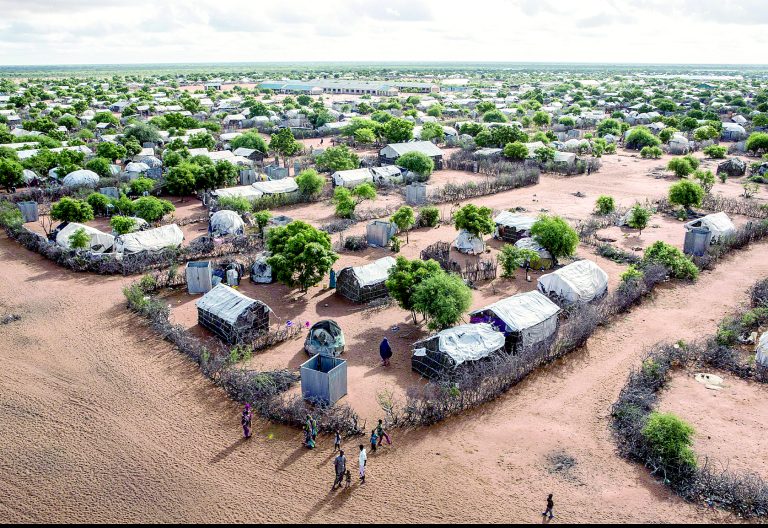Depressed economy sips 21pc of EABL net profit to Sh12 billion
By Noel.Wandera, July 28, 2023East Africa Breweries Limited’s (Eabl) net profit for the financial year ended June 2022 has declined by 21 per cent to Sh12 billion on the back of rising input costs, multiple excise tax increases and currency depreciation.
Group Chief Executive and Managing Director Jane Karuku (pictured) said the decline could not be fully offset by increased prices and cost management initiatives that the company initiated to boost revenues in the period under review.
“EABL remained resilient despite the macro-economic headwinds including global inflation and geopolitical disruptions which disproportionately raised our costs and depressed consumer spending across the year,” Karuku said in a press statement.
Despite the reduced profitability, the ale manufacturers’ board has recommended a final dividend of Sh1.75 per share, bringing the total dividend payout for the year to Sh5.50 per share.
In the review period, the group’s net sales topped Sh109 billion while sales volume was reduced by 7 per cent because of sluggish consumer spending as the effects of the tough macroeconomic environment and regulatory disruptions took a toll on depletions.
Net sales in Kenya declined 4 per cent with excise tax escalation, impacting the price-sensitive mainstream segment. Karuku said Kenya’s trade environment also negatively impacted on sales through trade distractions that resulted in county-led bar closures.
The Uganda subsidiary closed at 17 per cent growth aided by pricing benefits and modest volume growth. Tanzania also registered a modest 1 per cent growth with the market continuing to adjust to price increases taken earlier in the year.
“As we navigate the current volatility, we remain optimistic about the growth prospects for our business. We continue to invest in our advantaged portfolio of brands and insight-led innovations to meet the ever-evolving needs of our consumers,” Karuku said.
Uganda continued its encouraging half-year growth trajectory, closing at 17 percent growth aided by pricing
benefits and modest volume growth. Tanzania registered modest growth of 1 percent as the market continues to adjust to price increases taken earlier in the year.
More Articles

